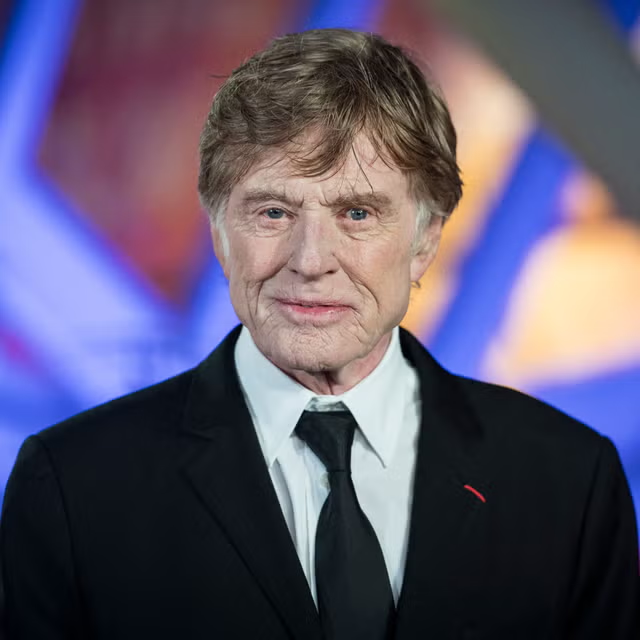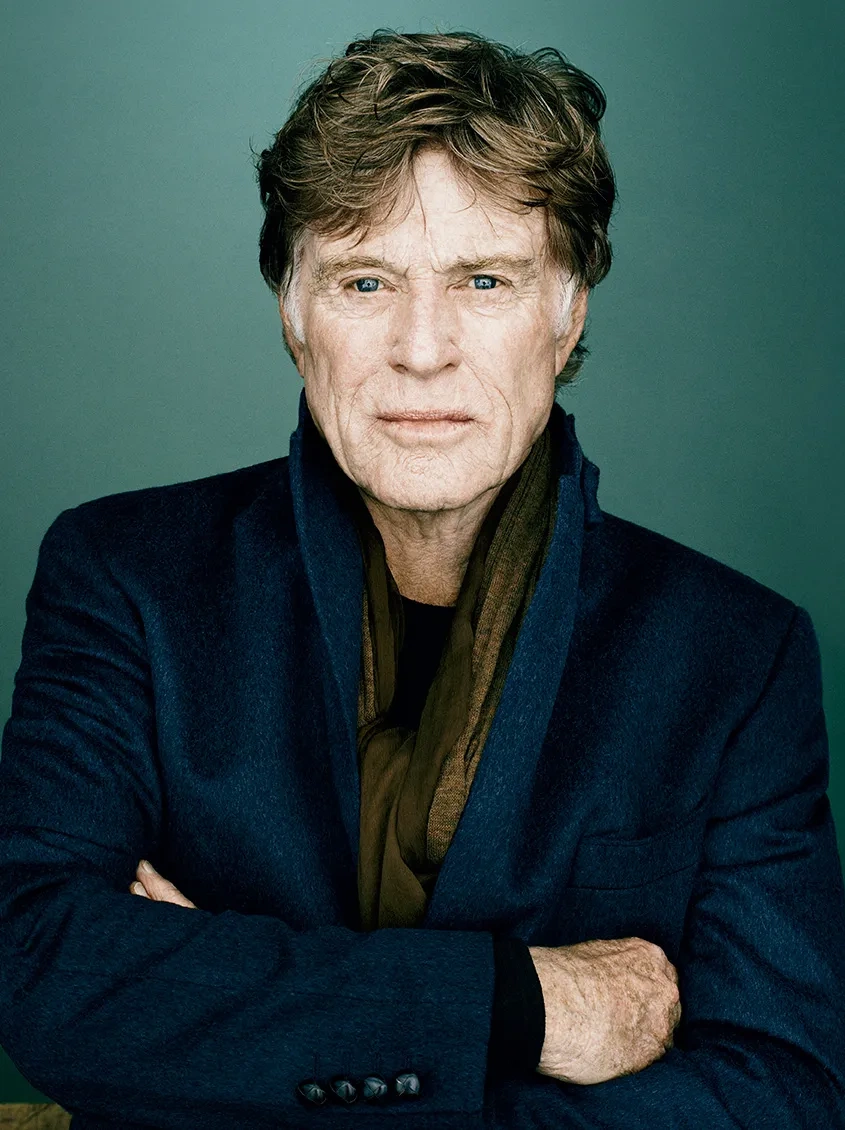The world of cinema has lost one of its brightest stars and most powerful storytellers. Robert Redford, the American actor, director, and visionary who defined an entire era of filmmaking, has passed away at the age of 89. He died peacefully at his home in Utah, leaving behind a legacy that has fundamentally reshaped the way we think about movies, art, and our own responsibility to the world.
To simply call Robert Redford a movie star is to miss the point entirely. He was, of course, one of the biggest stars in Hollywood history, but he was also an icon of the screen, a champion of independent film, and a relentless advocate for the environment. His life’s work went far beyond the glamour of Hollywood; it was a masterclass in using fame as a tool for change.
Born Charles Robert Redford in Los Angeles in 1936, his path was never a straight line. After being expelled from the University of Colorado, he chose a different kind of education, studying acting in New York. He built a name for himself in the 1960s, but it was his 1969 role opposite Paul Newman in Butch Cassidy and the Sundance Kid that made him a global superstar.
The 1970s were his golden decade. Redford’s performances in Jeremiah Johnson, The Way We Were, The Sting, and the political masterpiece All the President’s Men cemented him as the definitive American leading man. He had a rare gift, balancing undeniable charm with a deep, brooding intelligence. Audiences didn’t just admire him; they trusted him.
The Director’s Chair: A Deeper Story
Then came his second act. In 1980, Redford stepped behind the camera for his debut film, Ordinary People. The world was stunned when it won four Academy Awards, including Best Picture and Best Director. He proved he was more than just a famous face; he was a storyteller of immense depth.
The film was a raw, unflinching look at a family shattered by grief and the death of a son. It was a story about the messy, painful, and necessary process of emotional recovery and the desperate need for psychological treatment. At a time when such topics were still taboo, Redford’s film handled them with a quiet, devastating honesty. It was clear he was interested in the stories that mattered, not just the ones that sold tickets.

The Sundance Revolution
Perhaps his most enduring contribution came not from a film, but from a vision. In 1981, Redford co-founded the Sundance Institute. What began as a small, scrappy platform for young, independent filmmakers has become the beating heart of independent cinema. He saw the Hollywood studio system becoming a closed loop, and he wanted to build a safe harbor for artists who had something to say.
He used his own money and influence to create the institute, which was never just about a festival. It was about nurturing talent. The Sundance Institute ran labs and held classes for aspiring writers and directors, giving them the tools and confidence to tell their stories. It was a new kind of film school, one where the final degree wasn’t a piece of paper, but a finished, heartfelt film.
Through Sundance, Redford gave the world the voices of Quentin Tarantino, Steven Soderbergh, Kevin Smith, and countless others. He effectively created a parallel film industry, one built on authenticity, risk, and raw passion.
Full Story: https://aquariumbee.com/tammy-hembrows-bikini-photos-are-stirring-controversy-heres-why-everyones-talking/
A Life of Activism and Grace
Beyond film, Redford’s voice was a powerful force for the environment. This was not a late-in-life hobby; it was a core part of his identity. For decades, he was a relentless advocate for protecting the natural world he loved so deeply. He used his platform not only to entertain but to inspire change, and he was never afraid to donate his time, his money, and his reputation to fight for the planet.
His acting career continued to flourish with classics like The Natural and the epic romance Out of Africa. In later years, he graced audiences with powerful performances in All Is Lost (2013) and even stepped into the Marvel universe. His final starring role, The Old Man & the Gun (2018), was a fitting farewell—a reflective, charming portrait of a man who, like Redford himself, lived life on his own terms.
Throughout his career, he received countless honors: an Honorary Oscar in 2002, the French Legion of Honor, and the Presidential Medal of Freedom from Barack Obama in 2016. But his greatest legacy lies in the generations of filmmakers and audiences he inspired.
Robert Redford was more than a star. He was a bridge between classic Hollywood and the modern independent era. He was a champion of authenticity and a reminder that cinema can, and should, change our lives.
His passing marks the end of an era. But his stories, his festival, and his passion remain. In every independent film that dares to tell thes truth, and in every fight for the planet’s future, Robert Redford lives on.



